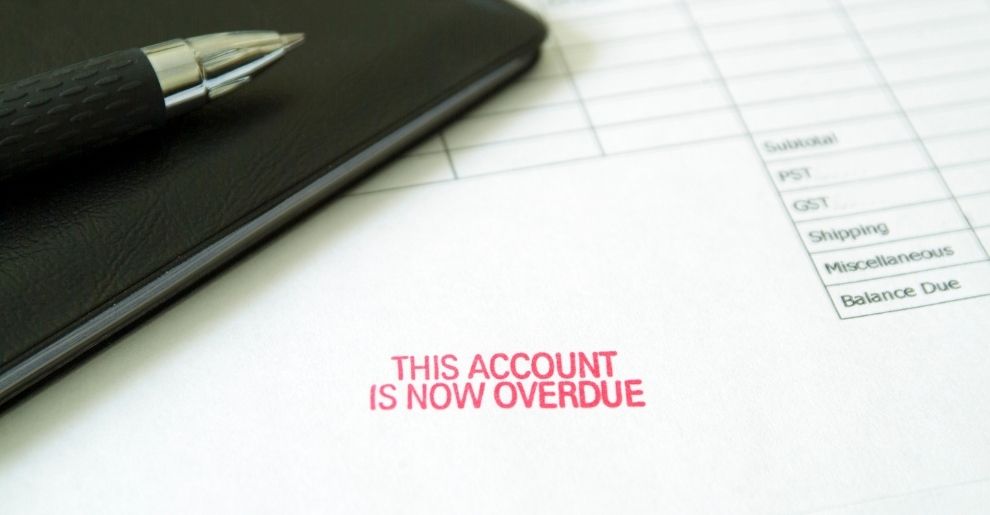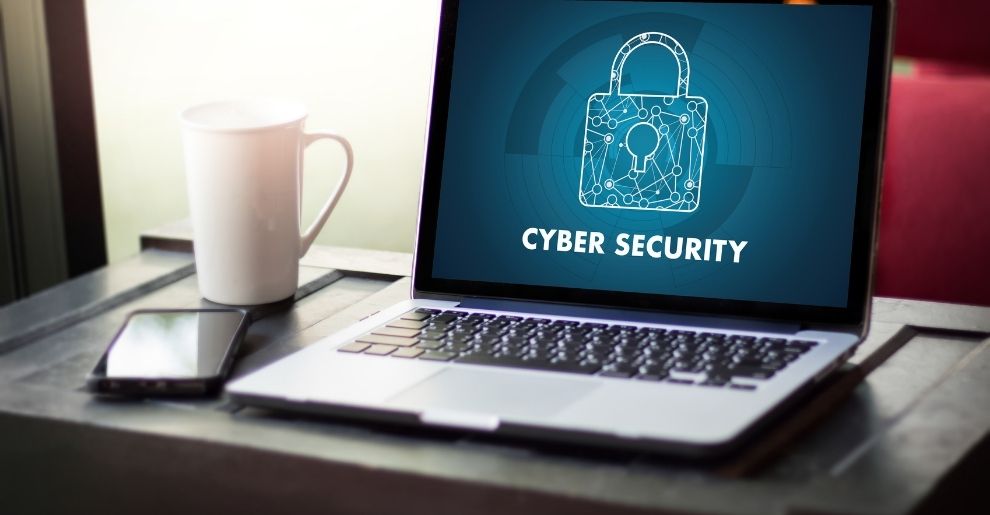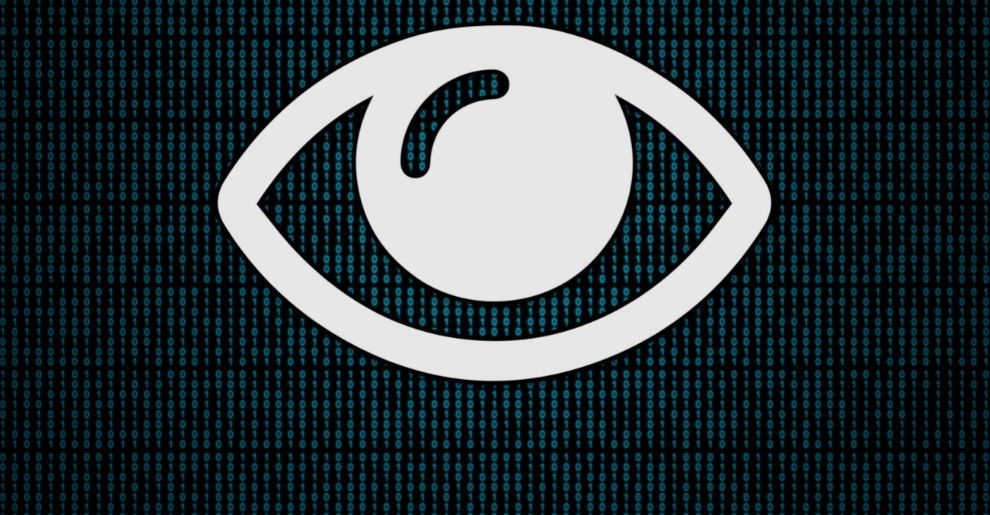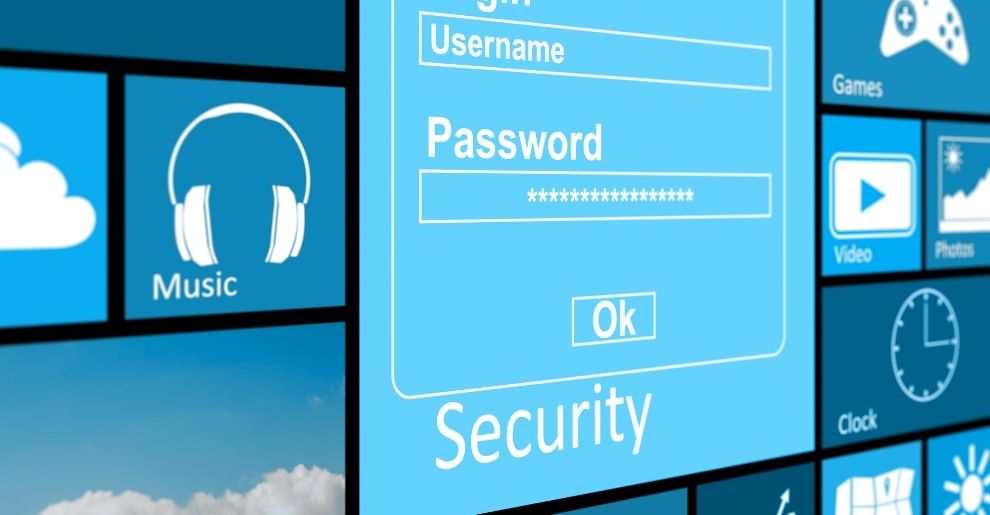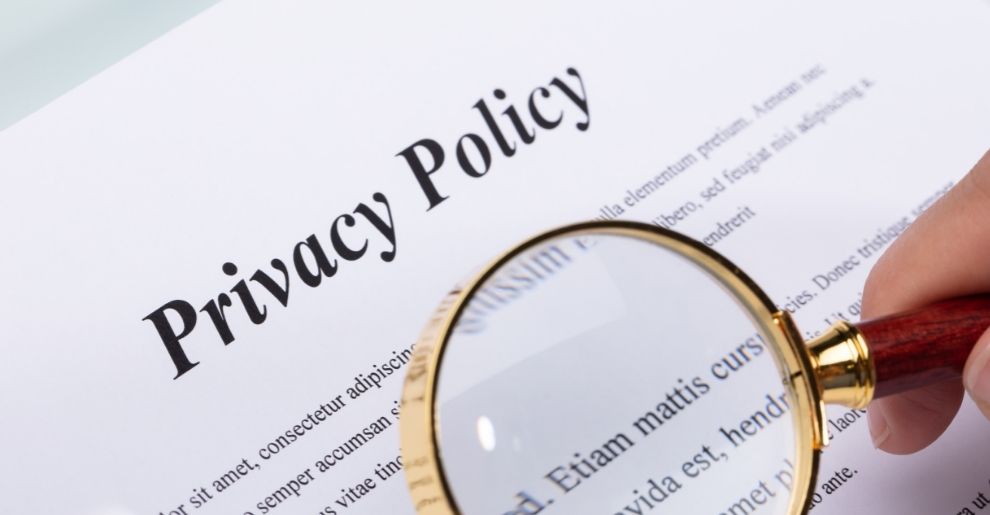ISO 9001 LawNet Quality Standard accreditation
We are proud to announce that once again we have retained our ISO 9001 LawNet Quality Standard accreditation for another year following an outstanding audit. Earlier this month we were audited against the internationally renowned ISO-9001 quality mark standard, which is a requirement of our membership of LawNet (a mutual and member-owned organisation of approximately 70 law firms ranging in size from six to 50+ partners with a network of over 2,000 solicitors). This accreditation comprises the ISO standard interpreted for the law firm environment by LawNet and takes account of the Solicitors…


